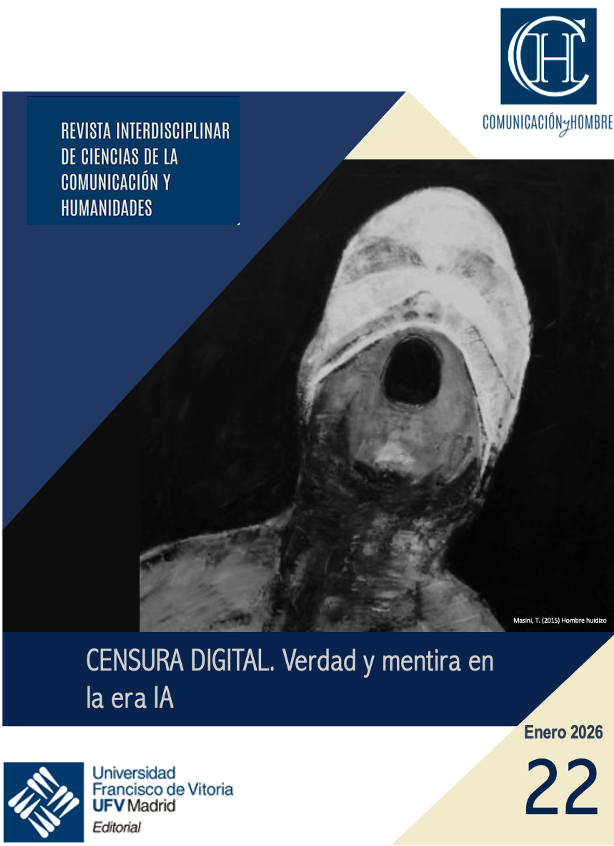
The antithetic opposition as a scheme of refential construction: Satiric and Burlesque Poems of Quevedo
Abstract
Rhetoric forms can be studied from different perspectives. On one hand, the doctrinal whole of the traditional Rhetoric considered since the days of antiquity, that forms acted in speech as an instrument of expresive emphasis and contributed to bringing out “emotional values” through images not usually found in normal language. Some forms were even symbols, characteristics and artistic signs of an author or period. On the other hand, the deconstructionist theories of the XXth century saw the rhetoric forms as a limit, corrupted constructions in speech that concealed reality; thus the De Man’s “alegoric reading”, where rhetorical schemes are revealed to conclude language’s inability to adopt absolute and independent forms of symbolization. In Spain, from the beginnig, García Berrio raised objections to deconstruction. The deconstructionist conclusions were debatable; firstly, because of the referential function of language and, secondly, because De Man’s criteria proved ineffective when having to explain the particular meaning of poetic texts. The Rethoric form would be a way of mediating between the logic-philosophical structures of thought and their written and grammatical representation. In this article we use as a reference the satirical-burlesque poetry of Quevedo in order to emphasize under the antithesis perspective how Quevedom first of all, perceives and builds reality and howm secondly, the antithetic and the rhetoric and grammatical schemes come together en the selected works and, finally, how antithesis in Quevedo constitutes the joining point between his references and his style and makes an emphasizing model instead of a deviation from thinking.
Comunicación y Hombre. 2005, nº1



